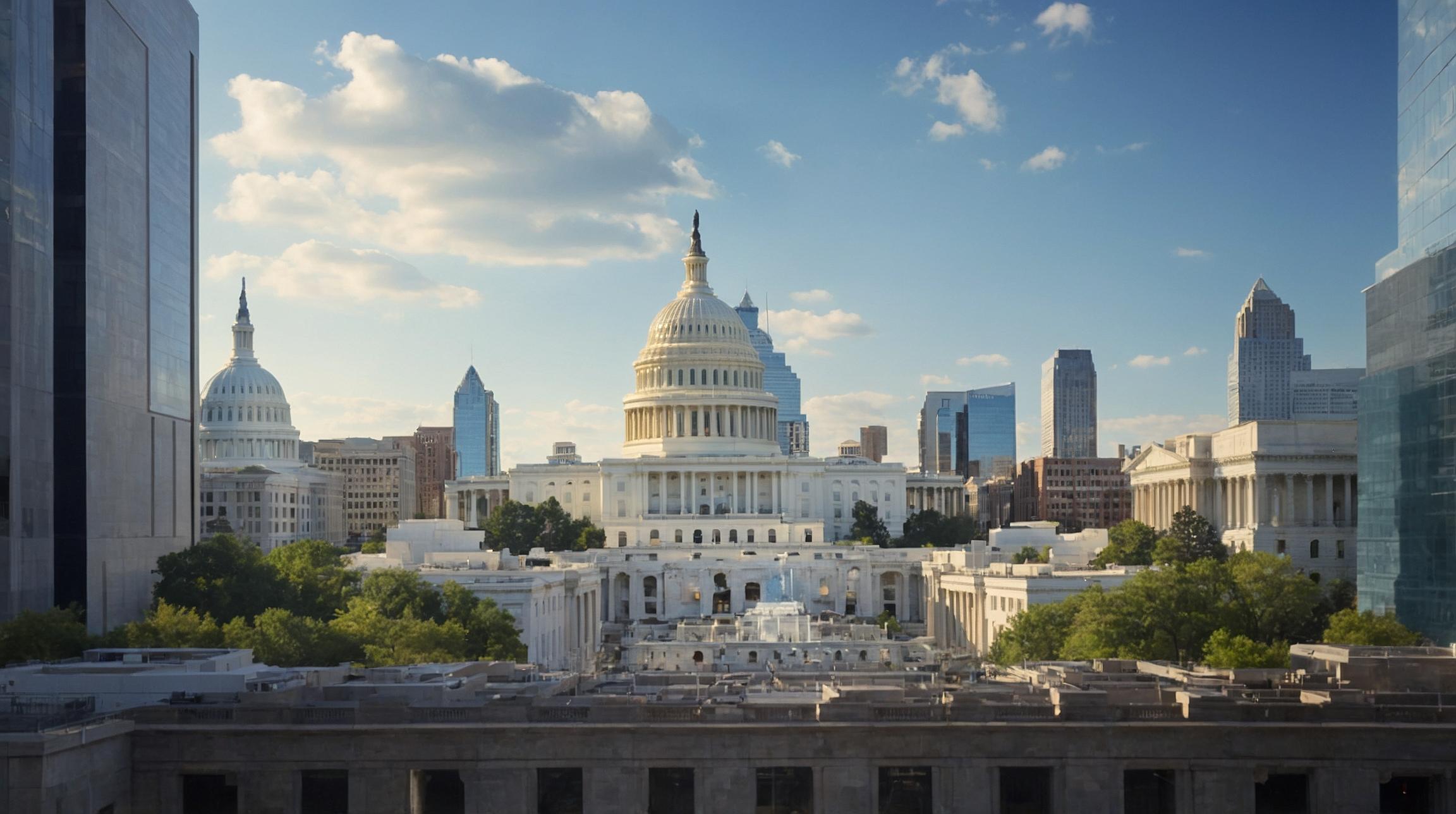Trump’s $100,000 H-1B Visa Fee Sparks Global Talent Race
The Trump administration’s surprise executive order raising the H-1B visa application fee to $100,000 has sent shockwaves through the global labor market. This policy, effective immediately, requires companies to pay a substantial fee for each skilled foreign worker visa, a move aimed at protecting American jobs but with wide-reaching international consequences. Major U.S. technology and financial firms, traditionally reliant on H-1B visas to recruit top talent from countries like India and China, now face a costly shift in hiring practices. The fee increase is expected to reshape the dynamics of global talent acquisition and migration.
U.S. Policy Shift and Industry Reaction
The Trump administration’s proclamation, signed on September 19, 2025, is part of a broader initiative to prioritize American workers by making it more expensive for companies to hire foreign skilled labor. While this aims to curb immigration, it also places significant financial pressure on companies heavily dependent on H-1B visa holders. Despite the steep fee, some industry leaders view the financial impact as manageable. For example, Amazon, which employs over 14,000 H-1B visa holders, alongside Microsoft, Meta, Apple, and Google, each with thousands of visa holders, may absorb the cost without major disruption.
“$100k is a rounding error compared to the value each member of our team creates,” said Shahriar Tajbakhsh, CTO of San Francisco-based Metaview, underscoring the high stakes in retaining skilled talent despite increased costs.
Global Talent Hubs Eye New Opportunities
The fee hike has opened doors for other global talent hubs to attract high-skilled workers who may now reconsider the U.S. as their primary destination. Experts highlight regions such as Europe, the United Kingdom, Dubai, and China as potential beneficiaries of this shift. Charles-Henry Monchau, Chief Investment Officer at Syz Group, noted, “It could be an opportunity for the U.K., for Europe, for locations like Dubai, or maybe China… If the U.S. becomes more stringent, this is a golden opportunity for these countries to open their doors to offshore experts.” In the UK, the government is reportedly considering abolishing visa fees for top-tier professionals to enhance its competitiveness in attracting global talent, a stark contrast to the U.S. approach.
“Trump has handed Europe the greatest opportunity,” said Harry Stebbings, founder of VC fund and podcast 20VC, emphasizing the urgent need for Europe to capitalize on this moment by fast-tracking visas for skilled workers.
Barney Hussey-Yeo, CEO of British AI startup Cleo, described the situation as “an unprecedented opportunity,” reporting a surge of interest from U.S.-based technologists considering relocation to the UK.
International Backlash and Concerns
India, a leading source of H-1B visa holders, has strongly criticized the fee increase. Officials warn that the policy could have “humanitarian consequences,” potentially disrupting the flow of skilled workers vital to both the U.S. and global economies. The fee hike has sparked concerns about the long-term impact on U.S. innovation and competitiveness, with some analysts warning it may reduce the country’s ability to attract and retain world-class talent.
Conclusion
The Trump administration’s decision to impose a $100,000 fee on H-1B visa applications marks a significant turning point in global talent mobility. While the move aims to safeguard domestic employment, it simultaneously creates lucrative opportunities for competing international markets to lure skilled professionals away from the United States. As countries like the UK consider policy reforms to attract top global talent, the global competition for innovation and expertise intensifies, with the potential to reshape the technology and financial sectors worldwide.
FinOracleAI — Market View
The unprecedented increase in the H-1B visa fee to $100,000 is poised to disrupt the global talent ecosystem. While U.S. firms face increased hiring costs, the broader consequence may be a strategic advantage for emerging and established talent hubs worldwide.
- Opportunities: European and Middle Eastern countries could attract top-tier talent previously destined for the U.S., boosting local innovation.
- Risks: U.S. companies risk losing competitive edge due to restricted access to global expertise, potentially slowing innovation.
- Policy shifts: The UK’s potential removal of visa fees for elite professionals could accelerate talent migration away from the U.S.
- Industry impact: Big Tech firms may absorb costs short term, but smaller firms could face significant challenges.
- Geopolitical consequences: Heightened tensions with countries like India may impact broader economic and diplomatic relations.
Impact: This policy change is expected to negatively impact the U.S. market in the medium term by constraining access to global talent, while simultaneously benefiting international hubs ready to capitalize on the shift.













